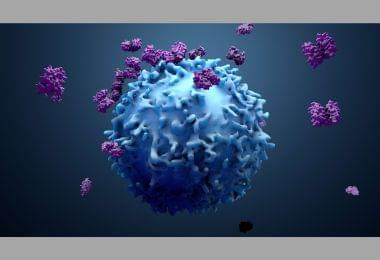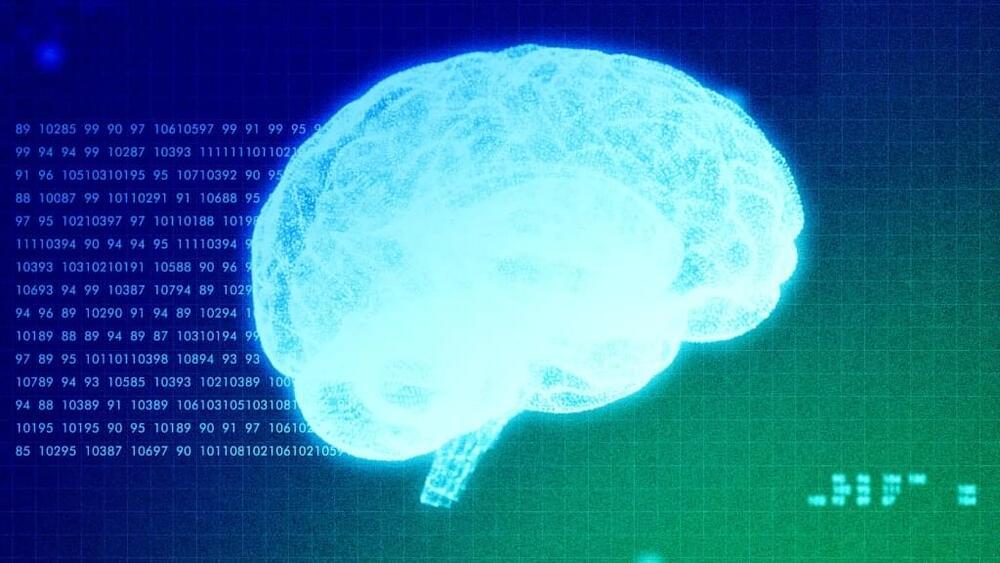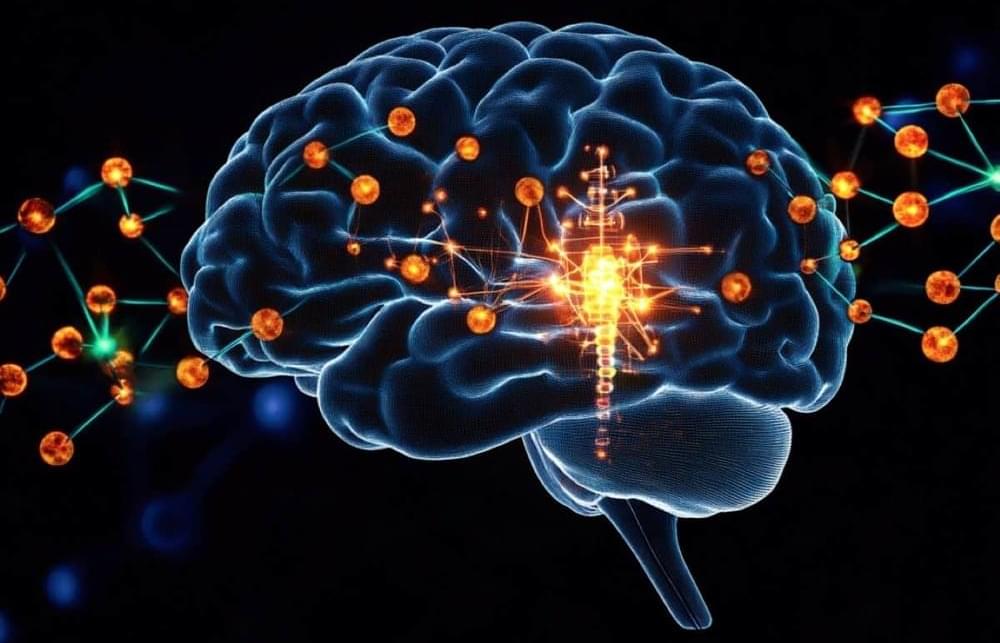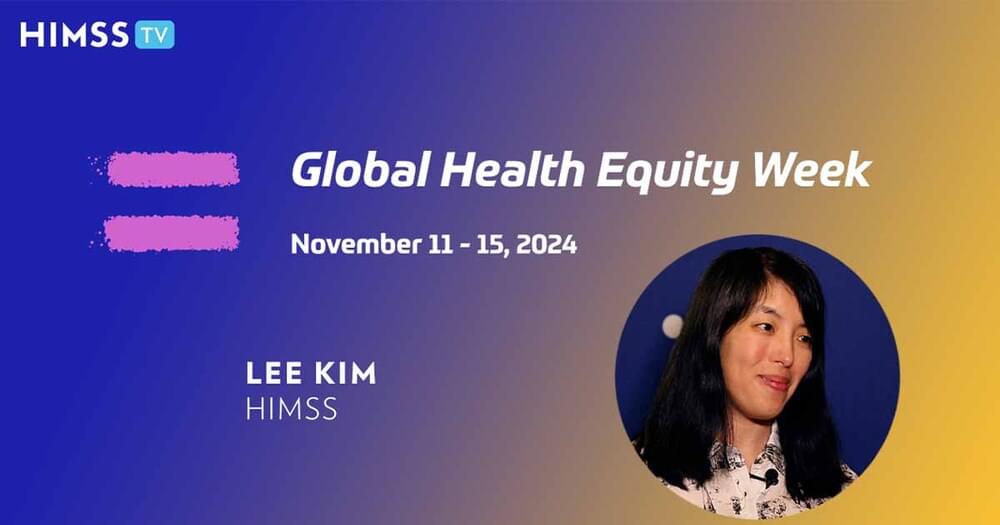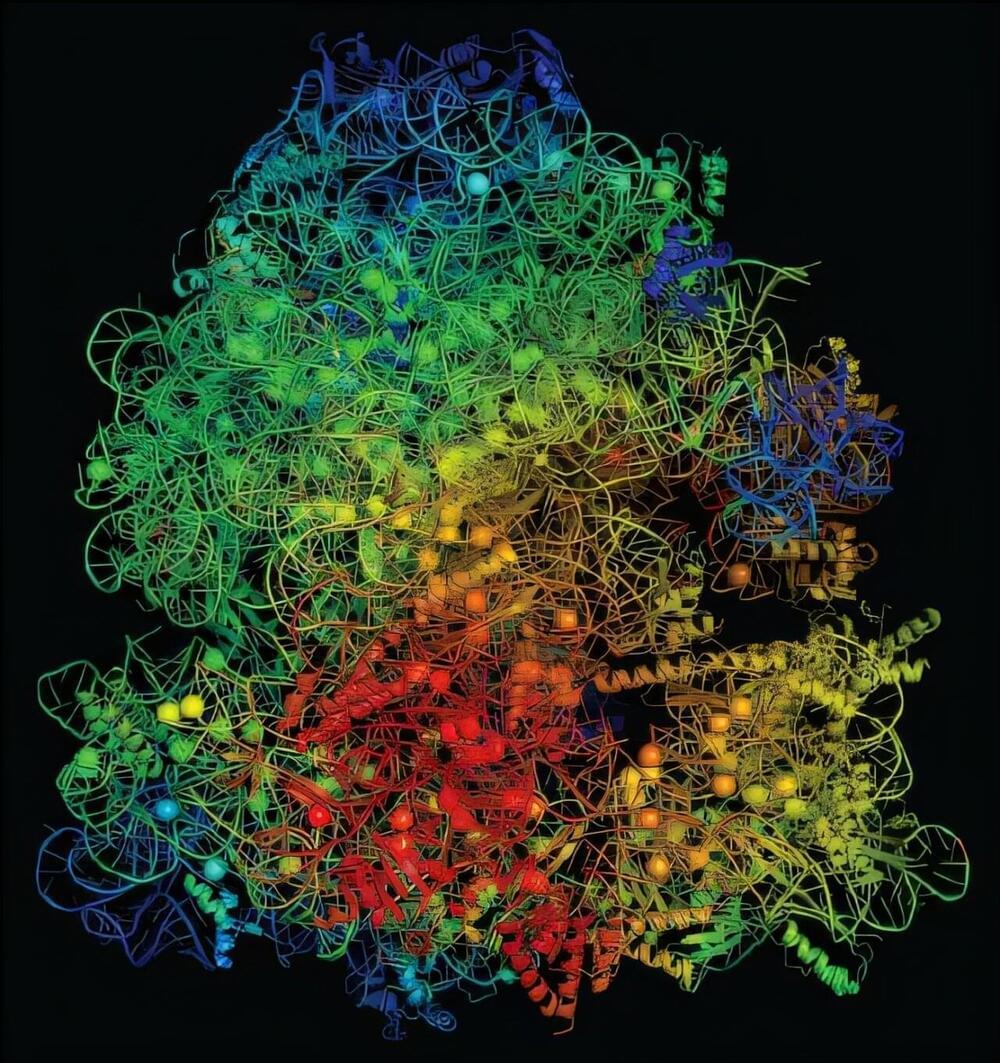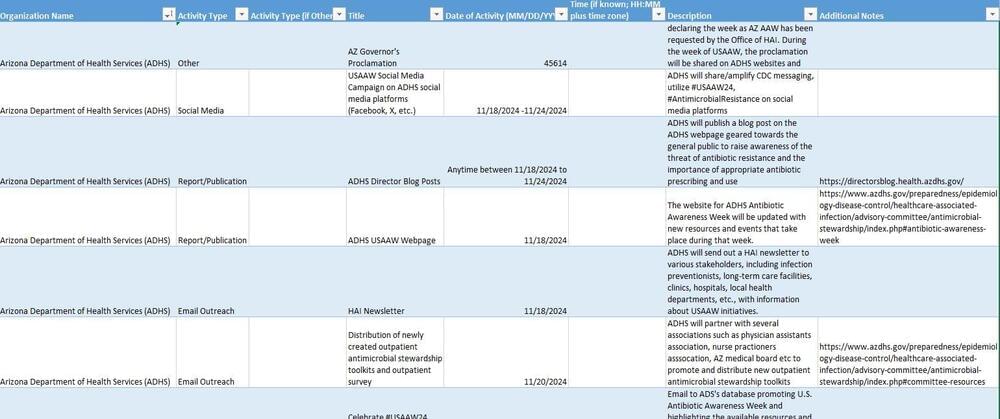Nov 15, 2024
Drug Combination Prompts Immune Response in Some Resistant Pancreatic Cancers
Posted by Omuterema Akhahenda in categories: biotech/medical, genetics
A new drug strategy that regulates the tumor immune microenvironment may transform a tumor that resists immunotherapy into a susceptible one, according to a study by researchers from the Johns Hopkins Kimmel Cancer Center and Oregon Health & Science University.
The immune microenvironment around a pancreatic tumor has suppressed immune activity, allowing the tumor to evade attacks by the immune system. The cancer evades the immune system by attracting suppressive cells into the tumor, which limits access of tumor-killing T cells. Because of that so-called immune desert environment, pancreatic ductal adenocarcinoma (PDA), the most common type of pancreatic cancer, has been resistant to immune-based therapies that have successfully treated a variety of other cancers, including melanoma and lung cancer.
In a phase 2 clinical trial, a research team led by Nilofer Azad, M.D., professor of oncology and co-leader of the Kimmel Cancer Center’s Cancer Genetics and Epigenetics Program, and Marina Baretti, M.D., the Jiasheng Chair in Hepato-Biliary Cancer at the Kimmel Cancer Center, tested the safety and efficacy of the combination of two drugs: an immunotherapy, nivolumab, and an epigenetic drug, entinostat — a histone deacetylase inhibitor (HDACi). The combination was studied in a group of 27 patients with advanced PDA who had previously been treated with chemotherapy.
